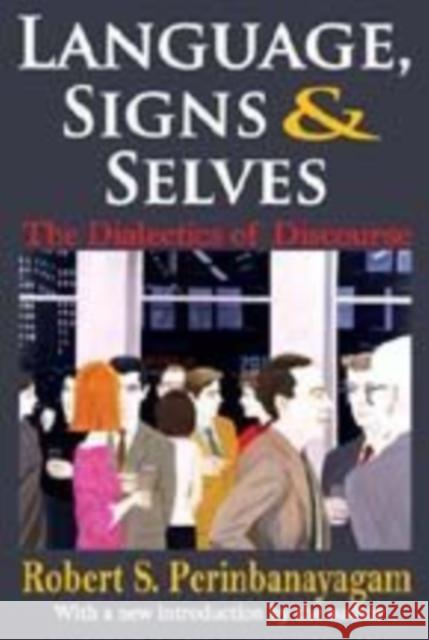Discursive Acts: Language, Signs, and Selves » książka
Discursive Acts: Language, Signs, and Selves
ISBN-13: 9780202363530 / Angielski / Miękka / 2010 / 264 str.
Discursive Acts: Language, Signs, and Selves
ISBN-13: 9780202363530 / Angielski / Miękka / 2010 / 264 str.
(netto: 223,85 VAT: 5%)
Najniższa cena z 30 dni: 226,63
ok. 22 dni roboczych.
Darmowa dostawa!
Language, Signs and Selves applies conversational analysis to the discourse of everyday life and its roles in social behavior. The explanation offered of the complex elements and processes of language use is theoretically and empirically grounded, synthesizing European post structuralist theory and semiotics with American pragmatist currents.This book parallels work done under other rubrics sociolinguistics, conversation and discourse analysis, and ethnomethodology. This work, however, presents the same matter from a different standpoint. While enthnomethodology and sociolinguistics focus on certain formal properties of conversations, they have pursued the quest for these properties with great methodological rigor, while avoiding questions about intentions. In their work, as in that of many structuralists, discourse has become depersonalized, with the linguistic form itself becoming an independent entity sealed from the world of selves, interaction, conflict, and suffering. Perinbanayagam's interest is in displaying the dialogic properties of such discourses, conceiving each element in them as pragmatic and directed.In many ways Language, Signs and Selves is an enlargement and exemplification of themes discussed in the analysis of language, interactions, and social relationships. The author takes dialogue to be the central event of human being and doing and argues that it is the defining principle of all actions and interactions. Drawing from a variety of sources, he seeks to construct a theory of interaction between humans that is dialectical in all senses of the word; that is to say, a theory concerned with dialects and double processes, as well as with speaking and the logic of relational processes.











